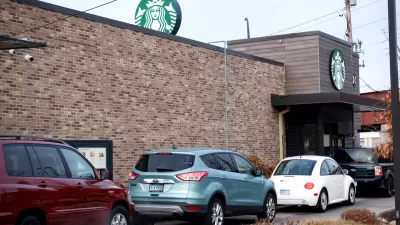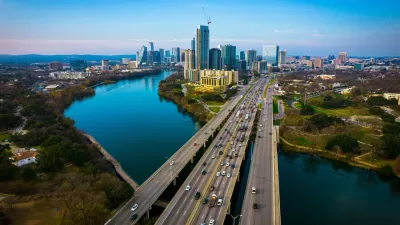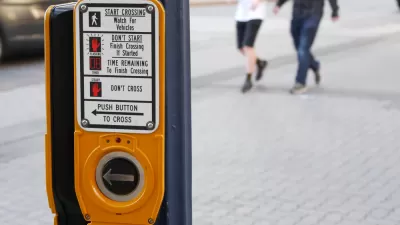While the United States mobilizes to transition to electric cars, cities and countries in Europe are transitioning to fewer cars.

California recently announced its plans to phase out sales of gasoline-powers automobiles by 2035, as was widely reported in the final days of August.
Europe months earlier made a similar announcement, according to an article for Yahoo News by Melissa Rossi, “But in Europe that move is only one step in an ongoing transportation revolution that aims to simultaneously reduce greenhouse gas emissions, air pollution and noise pollution, while increasing livability in urban areas, including the implementation of designs for ‘15-minute cities,’ where daily necessities are located mere steps away from homes.”
The fundamental difference in the European approach is in the goal of reducing the number of cars on the road. Gareth Macnaughton, director of innovation at the European Institute of Innovation and Technology Urban Mobility Initiative, is quoted in the article making the case that just switching to electric cars isn’t sufficient.
“Increasingly, Europe’s urban planners are modifying neighborhoods to restrict car entry — while encouraging ‘active mobility,’ said Macnaughton, such as walking and biking, and mass transit use,” reports Rossi.
The case against cars as the transportation mode of the future is also made in another recent article by John Vidal for the Guardian. “The reality from Hotan to Hull and Lagos to Lahore is that the car is now a social and environmental curse, disconnecting people, eroding public space, fracturing local economies, and generating sprawl and urban decay,” writes Vidal. Local efforts to efforts to limit the use of cars in Europe suggest to Vidal that a key shift is already upon us.
A Planetizen article by Joan Fitzgerald from July 2020 details the numerous cities and local jurisdictions around the world and in Europe making it harder to own and operate a private automobile. There’s a surprising amount of evidence to call on—and while European cities like London and Paris have made substantial mode shifts in recent years, the trend has been at work for years.
FULL STORY: European cities look to phase out cars in 'transportation revolution'

Study: Maui’s Plan to Convert Vacation Rentals to Long-Term Housing Could Cause Nearly $1 Billion Economic Loss
The plan would reduce visitor accommodation by 25,% resulting in 1,900 jobs lost.

North Texas Transit Leaders Tout Benefits of TOD for Growing Region
At a summit focused on transit-oriented development, policymakers discussed how North Texas’ expanded light rail system can serve as a tool for economic growth.

Why Should We Subsidize Public Transportation?
Many public transit agencies face financial stress due to rising costs, declining fare revenue, and declining subsidies. Transit advocates must provide a strong business case for increasing public transit funding.

How to Make US Trains Faster
Changes to boarding platforms and a switch to electric trains could improve U.S. passenger rail service without the added cost of high-speed rail.

Columbia’s Revitalized ‘Loop’ Is a Hub for Local Entrepreneurs
A focus on small businesses is helping a commercial corridor in Columbia, Missouri thrive.

Invasive Insect Threatens Minnesota’s Ash Forests
The Emerald Ash Borer is a rapidly spreading invasive pest threatening Minnesota’s ash trees, and homeowners are encouraged to plant diverse replacement species, avoid moving ash firewood, and monitor for signs of infestation.
Urban Design for Planners 1: Software Tools
This six-course series explores essential urban design concepts using open source software and equips planners with the tools they need to participate fully in the urban design process.
Planning for Universal Design
Learn the tools for implementing Universal Design in planning regulations.
City of Santa Clarita
Ascent Environmental
Institute for Housing and Urban Development Studies (IHS)
City of Grandview
Harvard GSD Executive Education
Toledo-Lucas County Plan Commissions
Salt Lake City
NYU Wagner Graduate School of Public Service





























